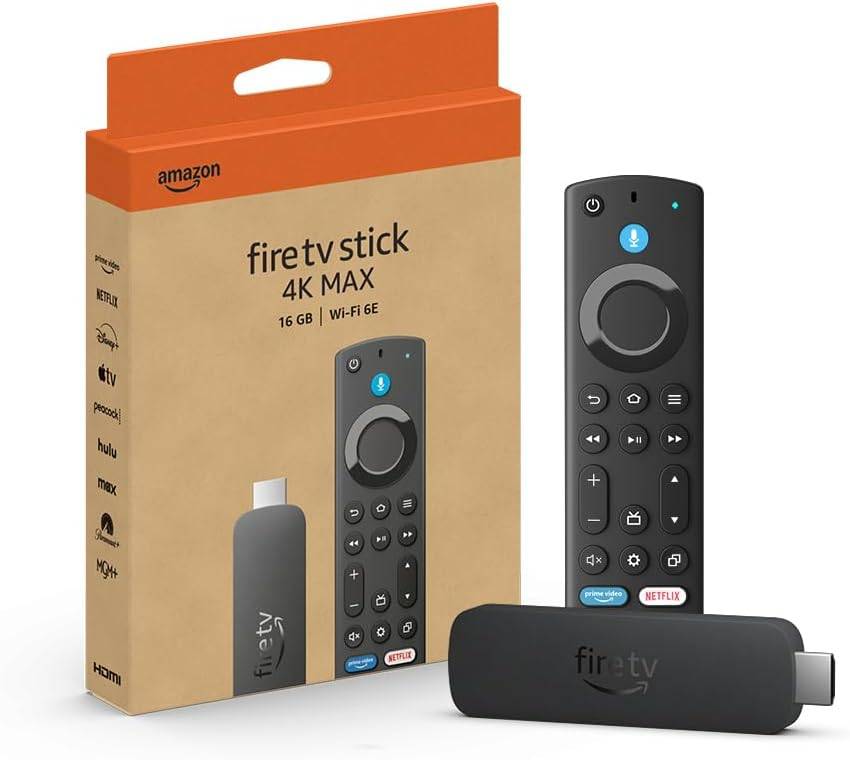Netflix CEO Ted Sarandos has boldly stated that the streaming giant is "saving Hollywood," emphasizing that theatergoing is "an outmoded idea for most people." Speaking at the Time100 Summit, Sarandos dismissed concerns about the exodus of film production from Los Angeles, the shrinking theatrical window, declining cinema experiences, and fluctuating box office numbers. He firmly believes that Netflix, being a highly consumer-focused company, is leading the charge in the entertainment industry. "No, we're saving Hollywood," he declared, underscoring Netflix's commitment to delivering content in the way consumers prefer to watch it.
Addressing the downturn in box office sales, Sarandos posed a rhetorical question to the audience: "What is the consumer trying to tell us? That they'd like to watch movies at home." While he expressed a personal fondness for the theater experience, he downplayed its overall relevance, stating, "I believe it is an outmoded idea, for most people. Not for everybody." This perspective aligns with Netflix's business model, which prioritizes streaming over traditional cinema visits.
Hollywood's challenges are well-known, with films like "Inside Out 2" and "A Minecraft Movie" bolstering the industry, while even Marvel's once-reliable blockbusters now show inconsistent performance. The shift in viewing habits is further highlighted by comments from actor Willem Dafoe, who lamented the closure of cinemas and the different kind of attention viewers give at home. "Which is tragic, because the kind of attention that people give at home isn't the same," Dafoe remarked, expressing concern over the impact on more challenging films and the social aspect of movie-going.
In contrast, filmmaker Steven Soderbergh remains optimistic about the future of movie theaters, suggesting that they can coexist with streaming services. He emphasized the ongoing appeal of the cinematic experience and the importance of engaging younger audiences to ensure the longevity of theaters. "I think people still want to go out," Soderbergh noted, highlighting the unique allure of seeing a film in a theater and the need to attract older audiences as well. He believes that the future of cinema hinges on effective programming and audience engagement rather than the timing of theatrical and home releases.

 LATEST ARTICLES
LATEST ARTICLES 











